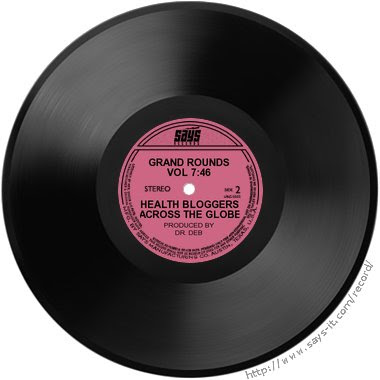
Research shows that sexual abuse happens in all sports and at all levels, with a greater prevalence occurring within the arena of high performance and elite sports. The sporting culture, with its larger-than-life coaches, fierce competition, the need for recognition and funding, and a "win at all costs" philosophy, creates an environment that contributes to the sexual exploitation of athletes.
Sexual abuse is both a physical act and a psychological experience. As a physical act, sexual abuse involves touching and non-touching behaviors. This can be done in coercive or seductive ways. As a psychological experience, the abuse of power and authority by the predator renders the athlete powerless. First a cycle of dependency is created between the predator and the athlete, involving special attention and friendship. Predators look to build a bond of loyalty, and then move to isolate and control the athlete. This specialness descends into sexual attention, where intimidation, guilt, secrecy and further dependency are manipulated. Sometimes the abuse occurs with threats and violence. Sometimes with deception or even with misdirected love. By the time the athlete wants to - or wishes - to disclose the nature of the sexual trauma, a sense of helplessness and hopelessness secures their silence.
Statistics • Members of the athlete's entourage who are in positions of power and authority appear to be the primary perpetrators for sexual abuse. This includes coaches, trainers, athletic directors, physical therapists, etc.
• The risk of sexual abuse is greater when there are loose guidelines, unstructured and unsupervised practice times and high athlete vulnerability, especially in relation to age and maturation.
• Research identifies risk situations as the locker-room, the playing field, trips away, the coach's home or car, and social events, especially where alcohol is involved. Team initiations or end-of-season celebrations are also risk factors.
• Passive attitudes, non-intervention, denial, and/or silence by people in positions of power in sports culture increases the psychological harm of sexual abuse for the athlete.
• Lack of bystander action also creates the impression for victims that sexual abuse is legal and socially acceptable - and that those involved in the sporting world will be powerless to speak out against it.
The Depressive Fallout of Sexual Abuse • Research demonstrates that sexual abuse in sport results in psychosomatic illnesses, anxiety, depression, substance abuse, self harm, and suicide.
• When it is impossible for a young athlete to avoid the reality of betrayal by someone who should be trusted, the child will blame himself. This blaming of the self significantly crushes well-being and any hope for healing from sexual assault.
• Abused or exploited athletes are re-victimized if they are rejected by their sports organization, community and society.
• The depression, isolation and self-destructiveness an athlete experiences will also have an adverse effect on his or her family.
• Athletes who make direct statements, indirect statements or display highly sexualized behavior are signaling their trauma. However, there are many who cannot, and descend into the depths of despair.
• If the process of healing does not take place, sexual trauma will last a lifetime.
Tips for Parents
• Communicate honestly and openly with your child. Encourage your child to keep no secrets from you.
• Reinforce safe boundaries for your child's physical, sexual and emotional life.
• Discuss trustworthy versus untrustworthy behavior in every day conversation.
• Keep an open dialogue going when your child is spending time with adults outside of your reach.
• When involving your child in sports, ensure the organization and coaches have gone through criminal checks, child abuse registry etc.
• Be present at the training area so you can observe the interaction between your child and his or her coach.
• Be wary of coaches who tell you things about your child that in your heart you know are not true.
• If your child discloses that something inappropriate has occurred, reassure and support them.
• Tell your child you believe them - and don't blame them.
• Tell your child you will keep them safe.
• Let them know you are glad they told you.
• Try not to appear shocked, disgusted by your child's disclosure.
• Resist the urge to interview your child to gain more information.
• Don't tell your child that you blame yourself for not knowing this was going on.
• Don't confront the predator or take matters into your own hands. Call the authorities and seek professional help immediately.










































